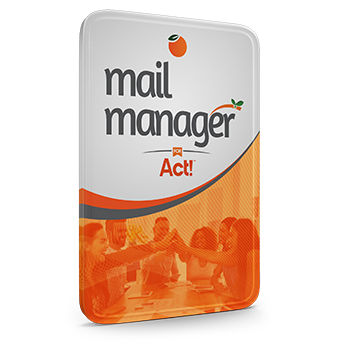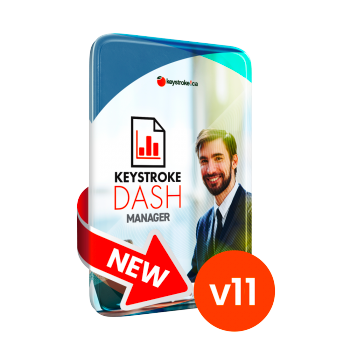Phishing emails and social media scams are becoming more sophisticated, so you need to be alert. Today, we’re sharing some top tips to help you spot and avoid these scams. Here are some quick tips to remember:
- Don’t trust unexpected requests for personal information or favors. If someone you know contacts you on social media asking for help, or offering you an investment opportunity, always verify the source by asking them “How do we know each other?”.
- Phishers often use pressure tactics to make you act quickly. Ignore these requests.
- Government agencies will not use email or SMS to ask you for money. If you have a debt, they’ll send you a registered letter or an official notice.
- Avoid any transaction that involves untraceable payment methods like gift cards or Bitcoin. No legitimate business or government agency would require these types of payments.
- Make sure that the links in the email match the sender’s domain. Always hover your mouse over links before clicking on them to check the actual address.
- Genuine emails from reputable businesses and government agencies are well-written and error-free. And they also do not address you as “Dear Customer”, or any other generic greeting.
- None of your friends need you to verify their social media accounts. These requests are scams that aim to take over your account.
- Do not trust the email header, which can be easily faked. It may show a familiar name or source, but always check the sender’s actual address to make sure it matches the header.
- Do not reply to scammy emails asking “is this legit?”, as many of these scams have autoresponders that say "yes". If you want to confirm the source, ask them again “How do we know each other?”.
Stay safe and keep these tips in mind to avoid falling victim to phishing scams.



































